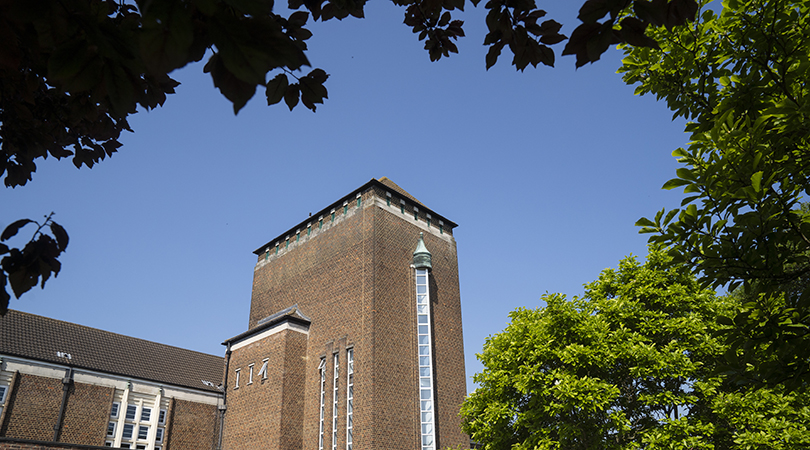The Academy Trust has two layers of governance – Members and Trustees.
The Members of the trust have ultimate responsibility over the trust and act in a similar manner to shareholders in a company.
Trustees perform the same governance functions as a governing body in a maintained school and focus on the three core areas of governance, namely; ensuring clarity of vision, ethos and strategic direction; holding the executive leaders to account for the educational performance of the students and the effective and efficient performance of the staff, and, overseeing the financial performance of the school, ensuring that money is well spent.
The Co-Headteachers and/or their delegates are responsible for all operational matters and for the ‘day to day’ running of the school, with an oversight from the Academy Trust who will act as a ‘critical friend’. Various aspects of governance may be delegated to the Co-Headteachers e.g., the oversight of teaching and learning and the formulation and monitoring of some policies, although in every situation reports will be made to the Trustees to keep them fully informed of the performance of the school and progress with developmental initiatives.
The Trustees are responsible for monitoring the performance of the Academy Trust, including their own governance functions and their own training. The Academy Trust is subject to external review through various means, including Ofsted inspections; financial audits, including from the Education and Skills Funding Agency (ESFA) and organisations with statutory responsibilities e.g., the HSE (Health & Safety Executive), local Fire Service etc.
The Co-Headteachers report to the Academy Trust regularly through the academic year through Full Academy Trust meetings and there are regular communications with the Chair between meetings. Currently there are five full board meetings scheduled throughout the school year. Trustees are also kept informed through the weekly publication of The Isleworthian newsletter, by access to the school website and through social media. In addition, Trustees are invited to school events, activities and training opportunities (e.g., awards evenings; school productions and staff safeguarding training).
The Chair of the Academy Trust is given powers to deal with urgent needs, if required, and will report any significant issues to the Academy Trust as appropriate.
In addition, the Academy Trust monitors performance of the school through its committee meetings and through scrutiny meetings.
The current standing committees are the Resources & Audit Committee and the Standards Committee. Both committees meet on a termly basis, or more frequently if required. The Resources & Audit Committee has responsibility for the suitability and compliance of the school’s financial systems and will also monitor the outcomes of financial audits and assess risks to the organisation. The Standard Committee covers a wide brief including educational outcomes and teaching and learning.
In addition, a Pay Committee meets annually to consider staff appraisals linked to pay progressions.
Various other committees or panels will be convened as required and will be formed from three trustees, or two trustees and a non-trustee should a third trustee be unavailable. A Chair will be appointed once the availability of Trustees has been confirmed. The other committees can include but are not limited to:
- Student Discipline
- Appeals & Complaints
- Senior Leadership Appointments
- Staff Grievance
- Staff Dismissal.
The trustees will also undertake scrutiny visits (e.g., health & safety visits; safeguarding meetings) as required and as appropriate, in order to inform their role or specialist area on board of the Academy Trust.

